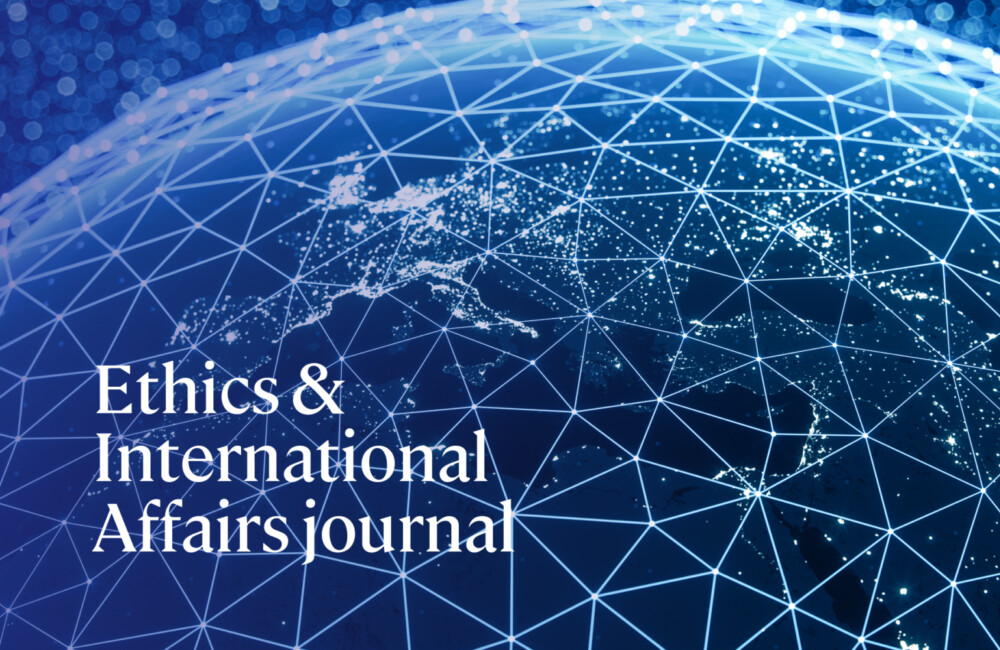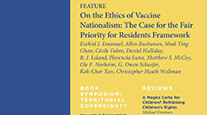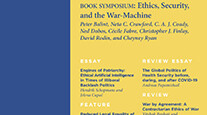Alison Brysk and Gershon Shafir repeat the trick of their earlier coedited collection, People Out of Place: Globalization, Human Rights, and the Citizenship Gap, in turning out an accessible and integrated set of essays that address a major tension in contemporary world politics. This time they are joined by an international team of experts in political science and law to consider the troubling and variable relationship between democratic freedoms and antiterror surveillance.
This new volume, which for the most part comprises a series of single-country studies of democracies responding to terror, brings a wealth of historical material and comparative reflections to a debate that has frequently unfolded in a reactive and insular manner. Building on this array of data, narratives, and analysis, the editors explore fresh propositions about democracy and counterterror action, and challenge conventional ways of framing the relationship between freedoms and surveillance. National Insecurity and Human Rights rejects the view associated with Michael Ignatieff that in an age of terrorist threat citizens should be prepared for "trade-offs" between human rights and national security. Instead, the volume foregrounds human security, arguing that trade-offs are not only unnecessary—and here the argument calls on case study material from the chapters on Germany and Spain—but also that they have proven to be unstable—witness Israel and Northern Ireland.
The Bottom Billion: Why the Poorest Countries Are Failing and What Can Be Done About It, Paul Collier (New York: Oxford University Press, 2007), 224 pp., $28 cloth.An acclaimed bestseller in 2007, and already a set text in development courses worldwide, Paul Collier's The Bottom Billion has far from exhausted its potential to change the way we think about, teach about, and legislate about global poverty. The book opens with a major challenge to the development industry's usual framing of the problem of poverty. Collier argues that to think only in terms of "developed" and "developing" countries is to miss the urgent fact that for the populations of sixty or so countries worldwide the real issue is economic stagnation, not mere slow development. The ambition of development specialists (and celebrities) should be economic convergence as opposed to poverty reduction per se.
Collier accounts for the stagnation and divergence of his "bottom billion" in terms of four "traps," including the conflict trap, his work on which is already well known, as well as the predicament of being landlocked with bad neighbors. But for all the talk of "traps," "black holes," and "missed boats," this is not a despondent book. Its policy recommendations, many of which focus on empowering domestic actors, including through voluntary international standards to serve as rallying cries for reform movements, are not only pragmatic but also addressed squarely to the audience that matters most: the G8. It does not hurt its crossover appeal that The Bottom Billon is a model of good writing for the public understanding of social science.
Preventive War and American Democracy, Scott Silverstone (New York: Routledge, 2007), 264 pp., $125 cloth, $26.95 paper.Scott Silverstone has written an involving biography of the American anti–preventive war norm in the second half of the twentieth century and into the early years of the twenty-first. We know from the outset how the story is going to end, with the administration of George W. Bush launching "the first true preventive war in American history." But with an easy command of theory, and through a series of relentlessly detailed yet brisk analyses of landmark foreign policy debates, Silverstone's argument is that the opening in American strategic and political culture that led to the Iraq war in 2003 is best interpreted neither as a kind of hijacking of the media and congressional discourses by militant and neoconservative ideas and individuals, nor indeed as just one more imbroglio in what some observers view as a long history of undiscerning war-making on the part of the United States. Rather, the book directs our attention to the staged emergence of a more permissive normative order connected to military prevention, whereby the aversion to the very idea of preventive war that was once felt across American public life ultimately became the preserve only of political liberals, in largest part due to the norm’s displacement by a rival norm encouraging the use of force to prevent outlaw states from acquiring nuclear weapons. Preventive War and American Democracy is a creative and penetrating defense of the power of norms to enable and restrain strategic options.
The Globalization of Ethics: Religious and Secular Perspectives, William M. Sullivan and Will Kymlicka, eds. (New York: Cambridge University Press, 2007), 305 pp., $80 cloth, $27.99 paper.The Globalization of Ethics promises to help integrate non-Western and comparative ethical analysis into debates—not to mention introductory courses—on global ethics. With chapters on Jewish, Christian, Buddhist, Muslim, and Confucian perspectives falling between others on such topics as international law and liberalism, the volume is structured to aid the exploration of global ethics in the form of what Will Kymlicka, in his introduction, refers to as a "two-level" phenomenon, comprising a self-standing discourse on human rights and international law, as well as the culturally embedded value systems associated with major religious and secular traditions.
The reader is encouraged to question whether the "first-level" discourse of rights and law can be enacted as acceptable to adherents of these systems, and to face up to whether the world's religious and secular traditions have sufficient resources to adapt to the circumstances of an emerging global order. Given its subject matter, the volume turns the editorial vice of not insisting on definitional and analytical congruity across the chapters into the virtue of allowing the reader to encounter a compelling range of "voices."



